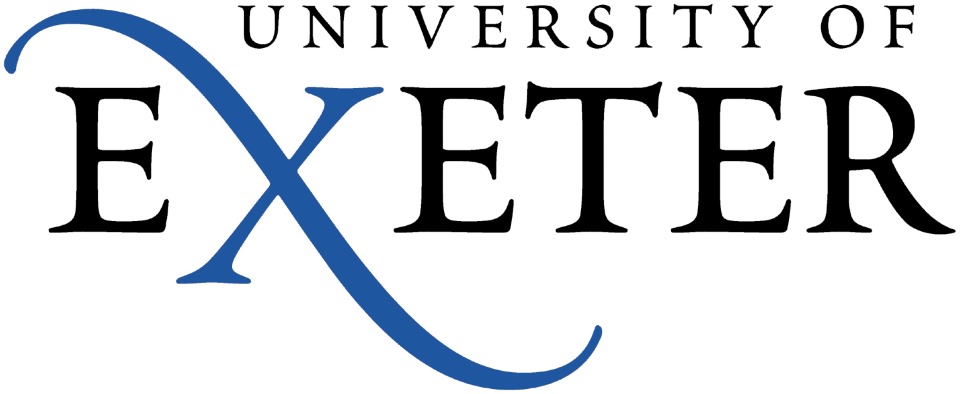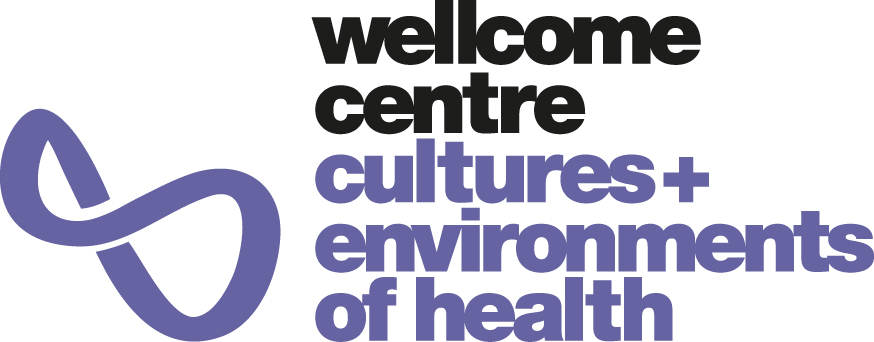Reprofutures is a co-created research project which took place from 2019-2022. Our objective was to understand what kinds of support that adults with variations in sex characteristics (VSCs) would like to receive with issues relating to reproduction, fertility, relationships, intimacy, and parenting (biological and non-biological). In particular, we aimed to consider how to improve the support provided in healthcare settings and social circles – from families, friends, partners – and to develop guidance to assist with these improvements.
Our understanding of reproductive support was broad and included the freedom not to become a parent, as well as the potential to become a parent, and in either case for the environment to be safe, healthy, approving, non-judgemental and non-intrusive. Together we developed a series of qualitative workshops, written activities, and consultation sessions with 28 people with VSCs across the UK.
The conclusions from this work have been developed into a support guide, research report, and healthcare policy and practice recommendations. Our support guide has also been translated into Polish, courtesy of Fundacja Interakcja.
.
This project was funded by the Exeter Engaged Research Exploratory Awards and the Wellcome Centre for Cultures and Environments of Health, University of Exeter.
.



What are VSCs?
Variations in sex characteristics are also referred to as disorders or differences of sex development (DSDs) or intersex traits. These terms describe sex characteristics which are different to traditional expectations of development, including chromosomes, genetics, hormones, secondary sex characteristics, reproductive organs/gonads, or genitals. We have chosen to use variations in sex characteristics as an umbrella term to include people with a range of experiences as this term is becoming widely used, and has been adopted by UK governments. This may include but is not limited to: complete and partial androgen insensitivity syndrome (AIS), Swyer syndrome, classical and non-classical congenital adrenal hyperplasia (CAH), hypospadias, Klinefelter syndrome/XXY, Mayer-Rokitansky-Küster-Hauser syndrome (MRKH), 17Bhsd3, and Turner syndrome.
We understand how complex language can be, and respect everyone’s right to use the terminology they are happy with, for example some may prefer the name of their diagnosis or variation. We also recognise the importance of self-determination and believe everyone needs to find their own narrative and a community that feels right for them.